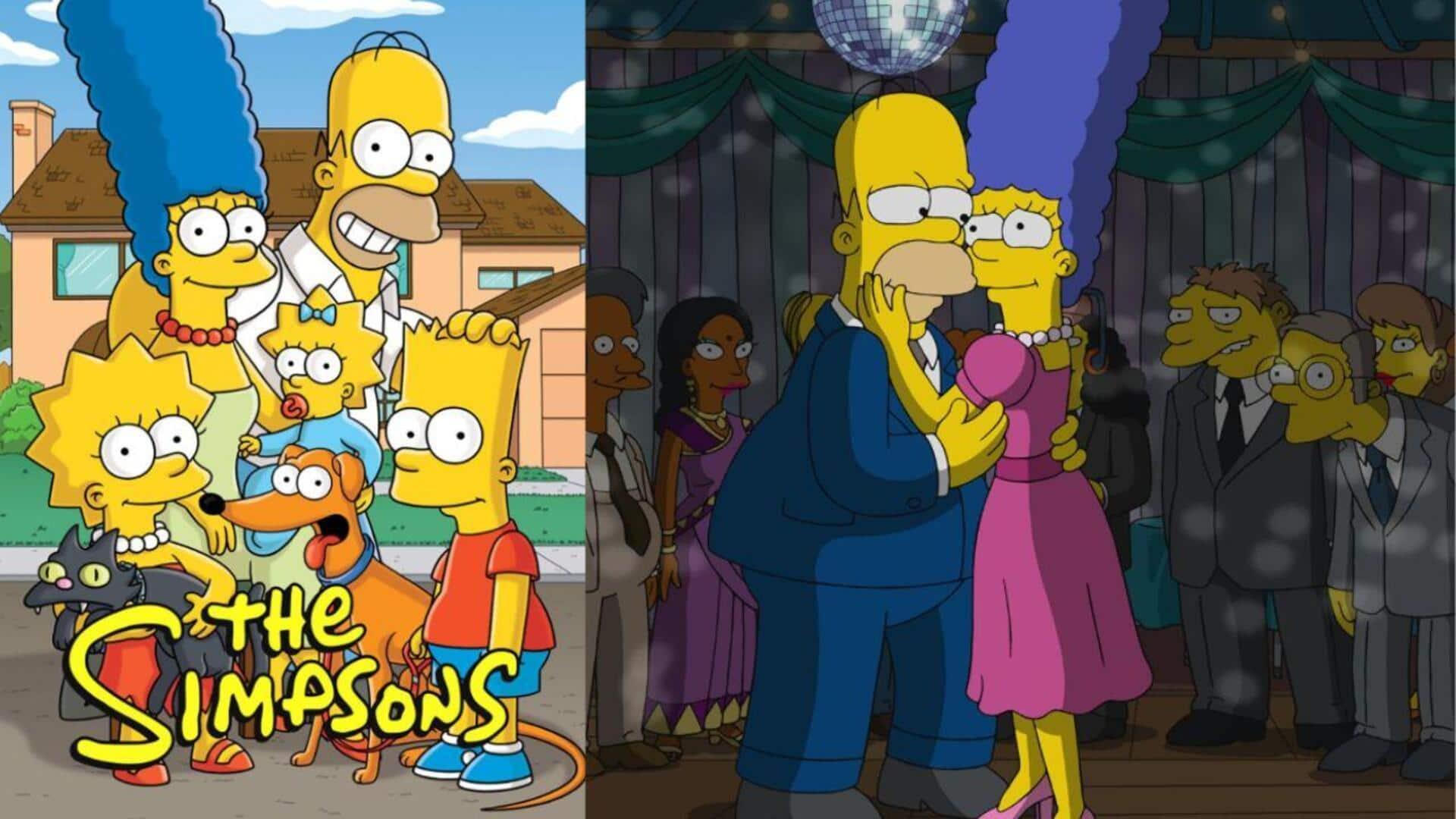
Before the fame: 5 wild facts about how 'Simpsons' began
What's the story
The Simpsons, the iconic animated series, has been a television staple for decades. The behind-the-scenes stories of its creation are fascinating—and they played a huge role in shaping the show's lasting success. From its humble start as a series of shorts on The Tracey Ullman Show to becoming a cultural phenomenon, The Simpsons has come a long way. Here are five lesser-known facts about how the beloved show came into being.
Early days
The birthplace on 'The Tracey Ullman Show'
Before it became a standalone series, The Simpsons appeared as short segments on The Tracey Ullman Show. These shorts, which aired in 1987, quickly became a hot favorite with audiences, thanks to their distinct humor and style. The characters were nothing more than rough sketches, but they caught the attention of the audience, leading to the making of a full-length series in 1989.
Creator's inspiration
Matt Groening's last-minute creation
When Matt Groening, the creator of The Simpsons, met producers James L. Brooks and Sam Simon, he was supposed to pitch something else entirely. However, at the last minute, he chose to create something new based on his family dynamics. This last-minute decision would lead to the birth of Homer, Marge, Bart, Lisa, and Maggie Simpson.
Visual appeal
Unique animation style
One of the most distinctive elements that made The Simpsons stand out was its animation style. The characters were given yellow skin and exaggerated features to differentiate them from other shows of that era. This was a deliberate move. Groening wanted viewers flipping through channels to instantly identify his characters.
Financial beginnings
Voice actors's initial salaries
In its early days as a full-length show in 1989, voice actors for The Simpsons, including Dan Castellaneta (Homer) and Julie Kavner (Marge), made $30 an episode during their time on The Tracey Ullman Show. As the show's popularity skyrocketed over the years, so did their paychecks, indicative of both demand for the talent involved as well as recognition within industry circles alike.
Immediate influence
Cultural impact from day one
From the day it started, The Simpsons rocked the cultural zeitgeist by tackling social issues through satire. It stayed hilarious throughout every episode aired since its debut in December 1989. It soon became more than just a show; it started conversations around things like family dynamics, politics, and societal norms, leaving a lasting impression right from the get-go.